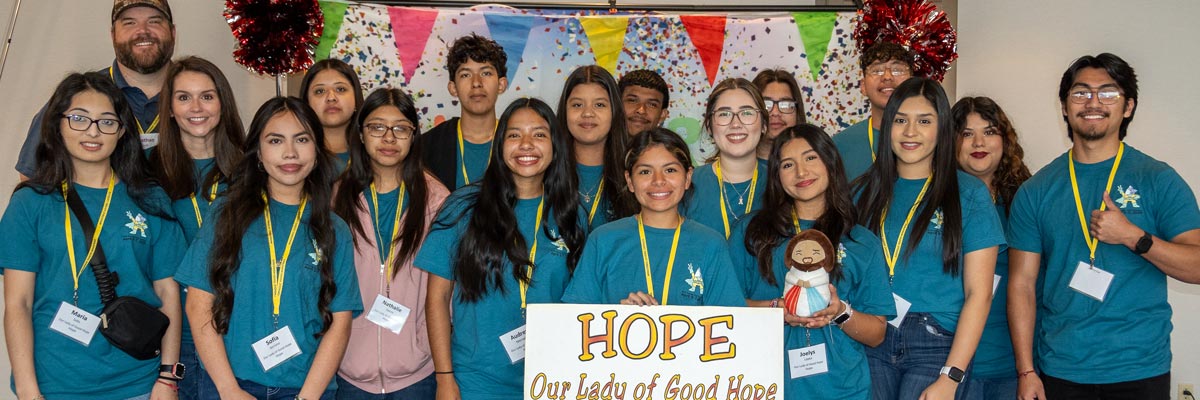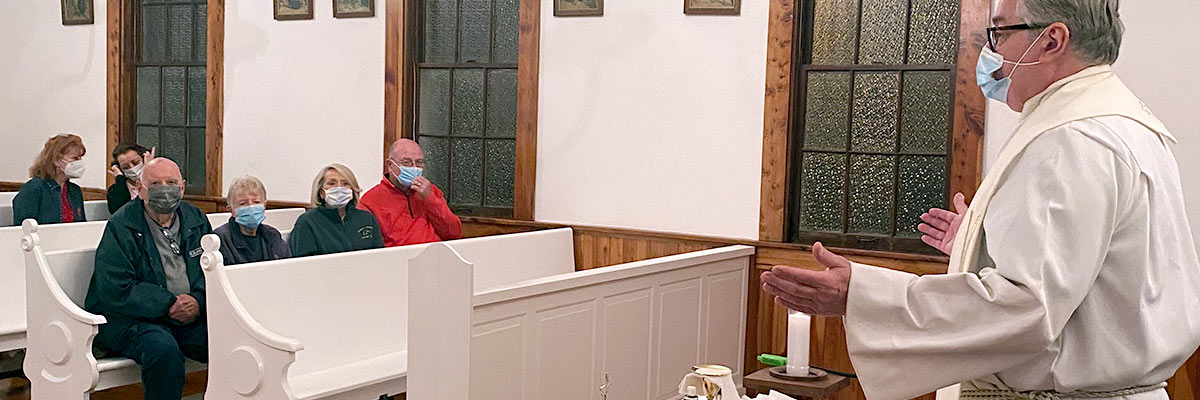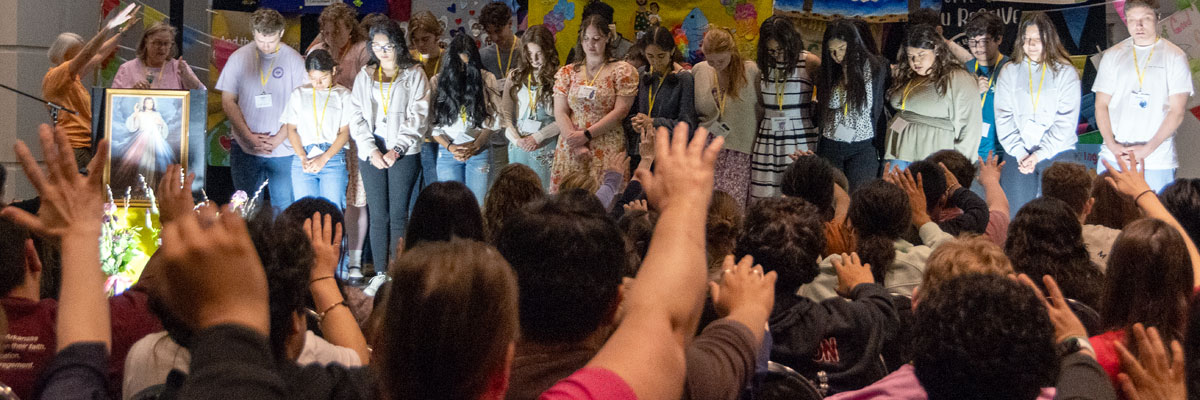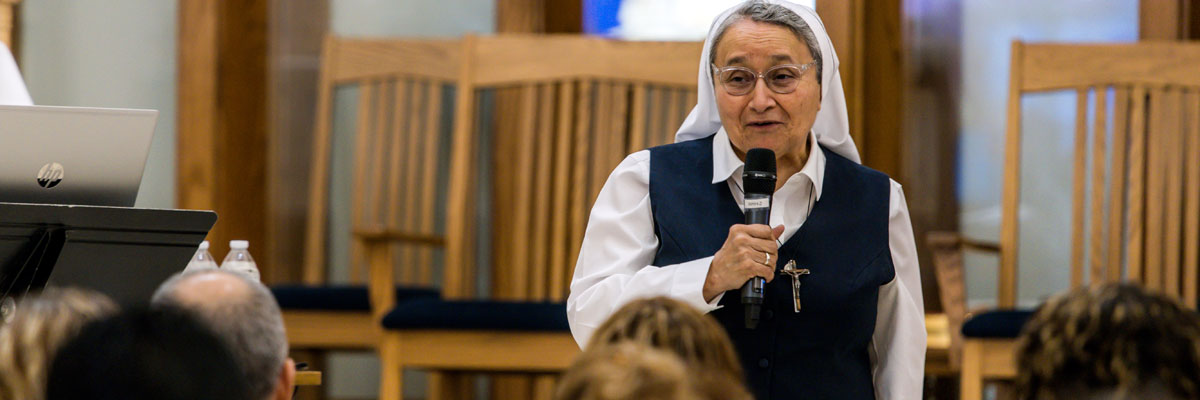Official Website of the
Catholic Diocese of Little Rock
16th Sunday in Ordinary Time, Year C
Published: July 21, 2019
Bishop Anthony B. Taylor preached the following homily in Ponca City, Oklahoma on Sunday, July 21, 2019.

Bishop Taylor
In our readings today, we have people attending to their guests. In our first reading divine messengers announce that Sarah in her old age will conceive a son, Isaac, through whom God's promises will be fulfilled.
Abraham sits down to converse with them and listen to them, which was a man’s customary role in welcoming guests, while Sarah busies herself with the "women's work," preparing a surprisingly non-kosher roast beef dinner for them, meat and milk served together.
The Jewish dietary laws had not yet been promulgated, but even so, the biblical writers could easily have left out the reference to dairy products, which are forbidden in meals in which meat is consumed. Notice how in the Bible not everything is black and white, neat and simple. Holiness requires mercy and mercy requires a certain amount of ambiguity tolerance. So God's messengers ate a non-kosher meal. Mercy is the difference between holiness and righteousness.
There's a big difference between human traditions that can and at times must change and divine revelation that does not change — Tradition with a capital "T" — which is what Mary was learning as she sat with the Lord, and what Martha was missing out on by fretting too much about the less important details of hospitality.
In today's Gospel, Martha and Mary of Bethany welcome Jesus into their home, through whom far greater promises of God will be fulfilled. Like Abraham in our first reading, Mary sits down to listen to him, while Martha busies herself with the "women's work." The food she prepared was probably kosher, but what was not kosher for Martha was that Mary wasn't lifting a finger to help.
So she asks Jesus to put her sister in her place, which was in the kitchen. But Jesus didn't agree with these customary role expectations — traditions with a small "t" — when these are used to crush a person's spirit. Here too, proper discernment requires mercy and mercy requires a certain amount of ambiguity tolerance.
There's a big difference between human traditions that can and at times must change and divine revelation that does not change — Tradition with a capital "T" — which is what Mary was learning as she sat with the Lord, and what Martha was missing out on by fretting too much about the less important details of hospitality.
You and I are busy about many things that are not very important. I've never heard anyone on their deathbed say they wish they'd worked harder, earned more money, spent more time cooking and cleaning the house. Generally people say they wish they had prayed more, spent more time with their family and friends, been more like Mary.
Obviously both are needed — we do have to eat. But they're not of equal importance, and whether or not you live a full life depends on the choices you make and the degree to which your life is characterized by treating people with mercy — and it's not too late for you to change your ways.
"Martha, Martha, you are anxious and worried about many things. There is need of only one thing. Mary has chosen the better part and it will not be taken from her."









